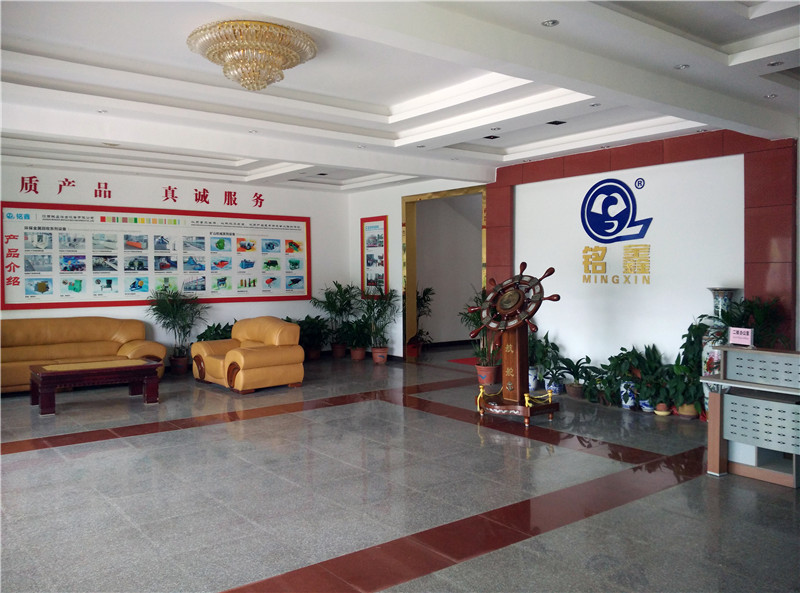With the rapid development of science and technology, lithium-ion batteries have become an indispensable part of our daily life. From smartphones to electric cars, these high-energy density batteries provide lasting power for our devices. However, with the increase in use, the problem of dealing with damaged or discarded lithium-ion batteries has become increasingly prominent. This article will explore the challenges facing the lithium-ion battery industry and analyze the opportunities for its future development. First of all, the disposal of damaged lithium-ion batteries is a complex problem. These batteries contain a variety of chemicals that can cause serious pollution to the environment if not properly disposed of. For example, metal elements such as cobalt and lithium in batteries, if leaked into the environment, can cause long-term effects on soil and water sources. In addition, the electrolytes in batteries are also corrosive and require special handling methods to ensure safety. Despite these challenges, the lithium-ion battery industry also faces great opportunities for development. As the global demand for renewable energy and electric vehicles continues to grow, so does the demand for high-performance batteries. This provides battery manufacturers with the opportunity to expand the scale of production and improve the level of technology. In response to the problem of disposal of damaged batteries, many companies and research institutions are developing more environmentally friendly battery materials and recycling technologies. For example, some companies are looking into using biodegradable materials to make batteries to reduce the environmental impact of discarded batteries. At the same time, battery recycling technology continues to advance, making it more efficient and economical to recover valuable materials from discarded batteries. In addition, the government and regulators are also promoting the sustainable development of the battery industry. By instituting strict environmental regulations and providing financial incentives, battery manufacturers are encouraged to adopt more environmentally friendly production methods and invest in battery recycling and reuse technologies. In conclusion, although the lithium-ion battery industry faces the challenge of dealing with damaged batteries, the industry is expected to achieve more sustainable development through technological innovation, policy support and industry cooperation. With the continuous emergence of new technologies and the continuous growth of market demand, the future of the lithium-ion battery industry is full of opportunities. Conclusion: The future of the lithium-ion battery industry is promising. By addressing the issue of damaged battery disposal, we can ensure that this critical technology continues to contribute to the global energy transition and sustainable development." With the continuous advancement of technology and the increasing global attention to clean energy, the lithium-ion battery industry is expected to usher in a brighter future.











